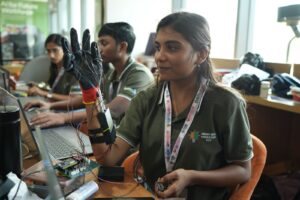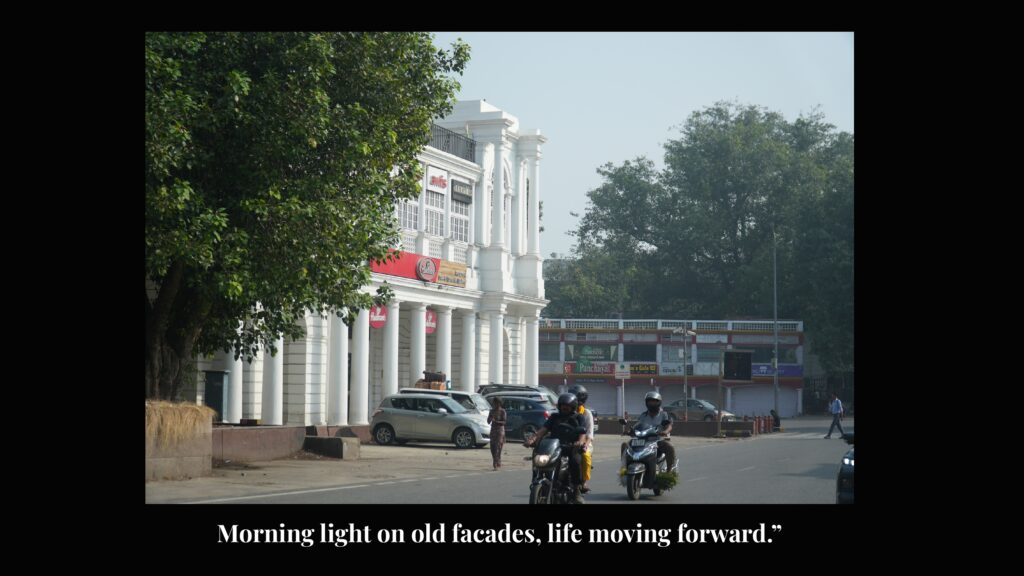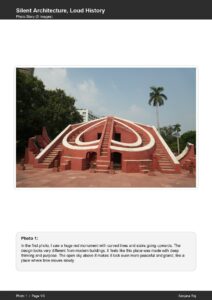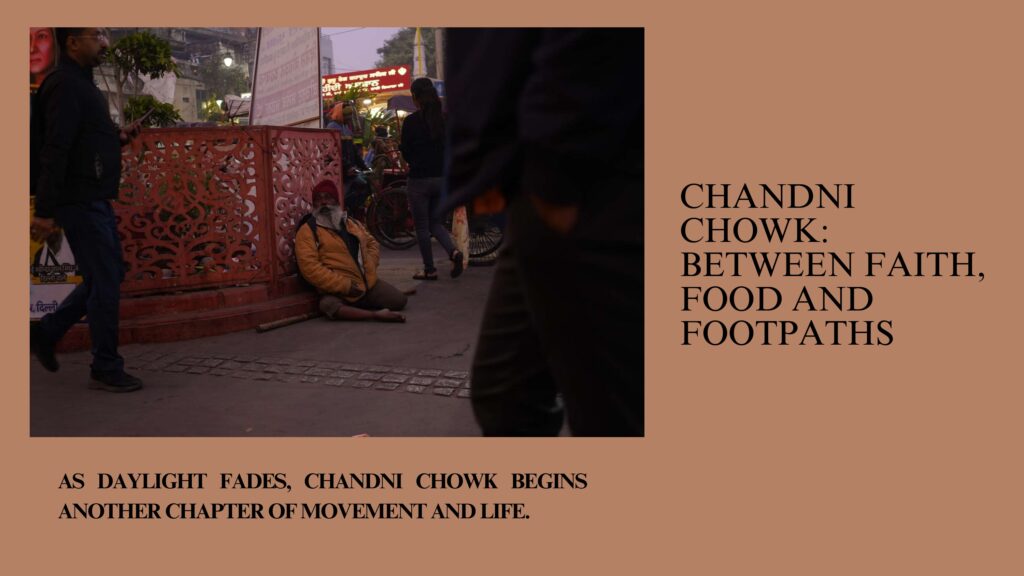Nandini kumari*
The villages near Galgotias University was undertaken by me and a group of friends, with the intent of meeting the construction workers employed for ongoing university projects. These workers were observed to be lacking proper clothing and facing various challenges. This report aims to provide an overview of the problems.
Findings: Lack of Proper Clothing:
The construction workers were observed to have insufficient clothing.
Limited Access to Basic Sanitation:
The workers mentioned the absence of clean toilet facilities, forcing them to resort to open defecation.
The lack of clean water supply exacerbated the sanitation issues faced by the workers.
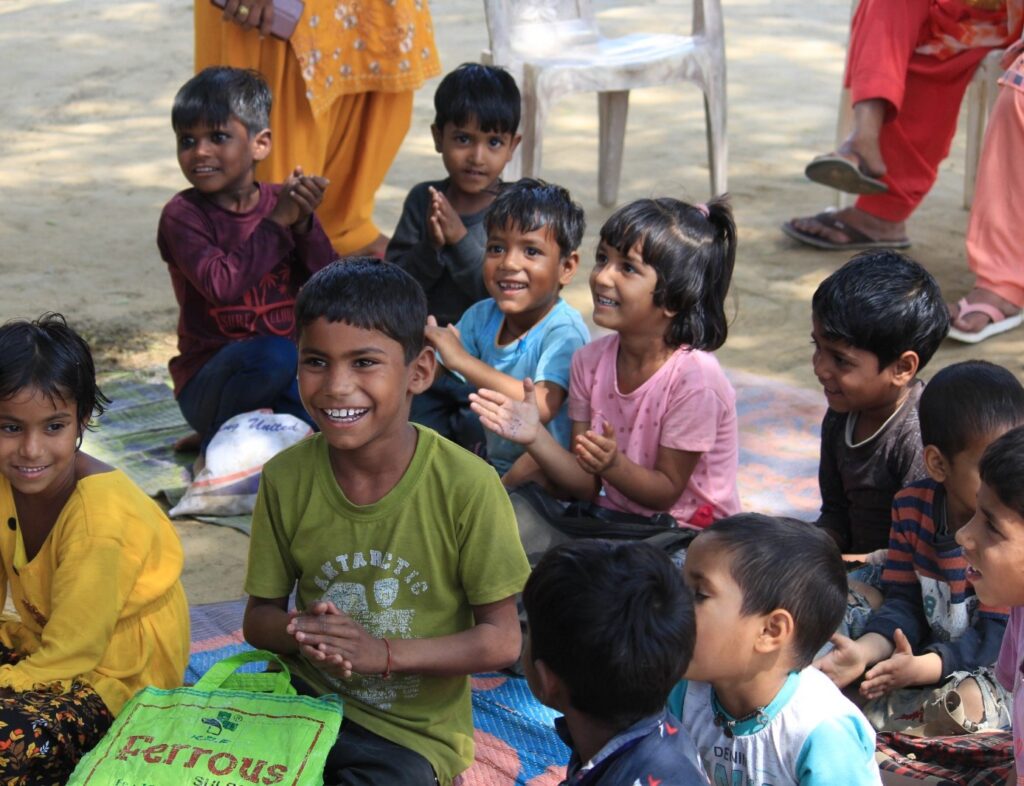
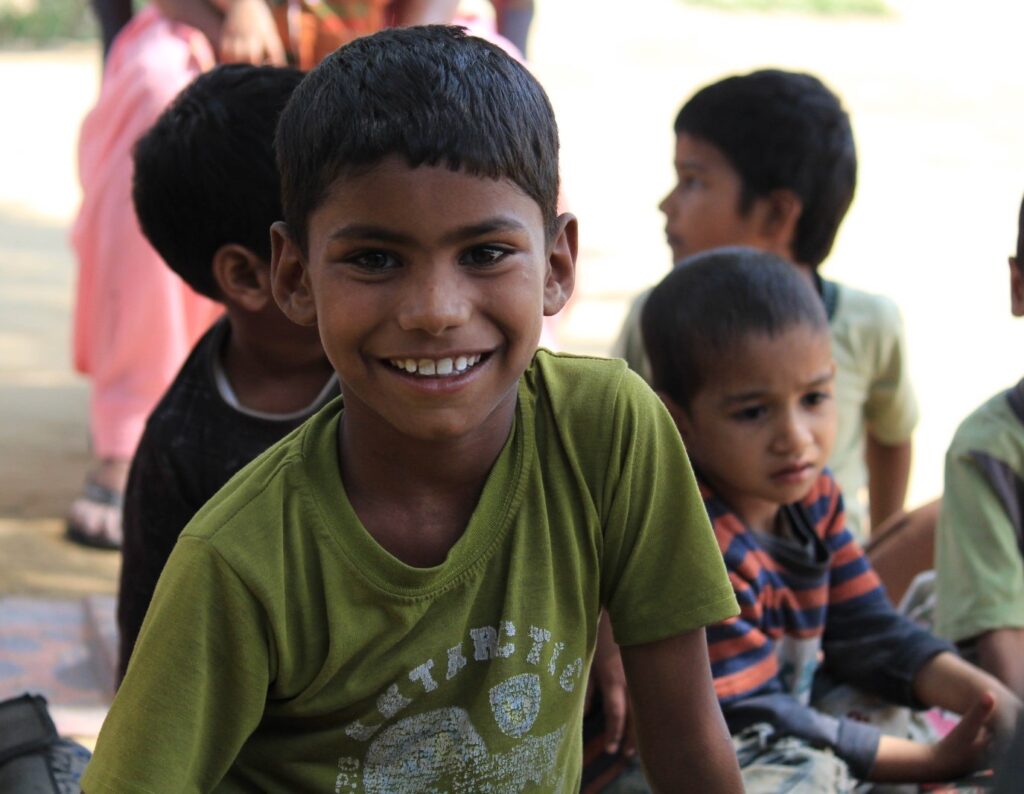
A Call for Solidarity and Change
The entire human race should come together and make collaborative efforts to collectively eliminate poverty and hunger from our planet. It is an urgent issue that requires immediate attention. According to the UNFAO, a staggering 765 million people worldwide are currently struggling with hunger and malnutrition. This alarming statistic serves as a strong reminder of the immediate need for action.
It is the responsibility of each and every individual, who possesses the necessary skills and knowledge, to contribute to the noble cause of creating a world free from hunger and poverty. We must ensure that no one goes to bed hungry and that everyone has access to the basic necessities of life.
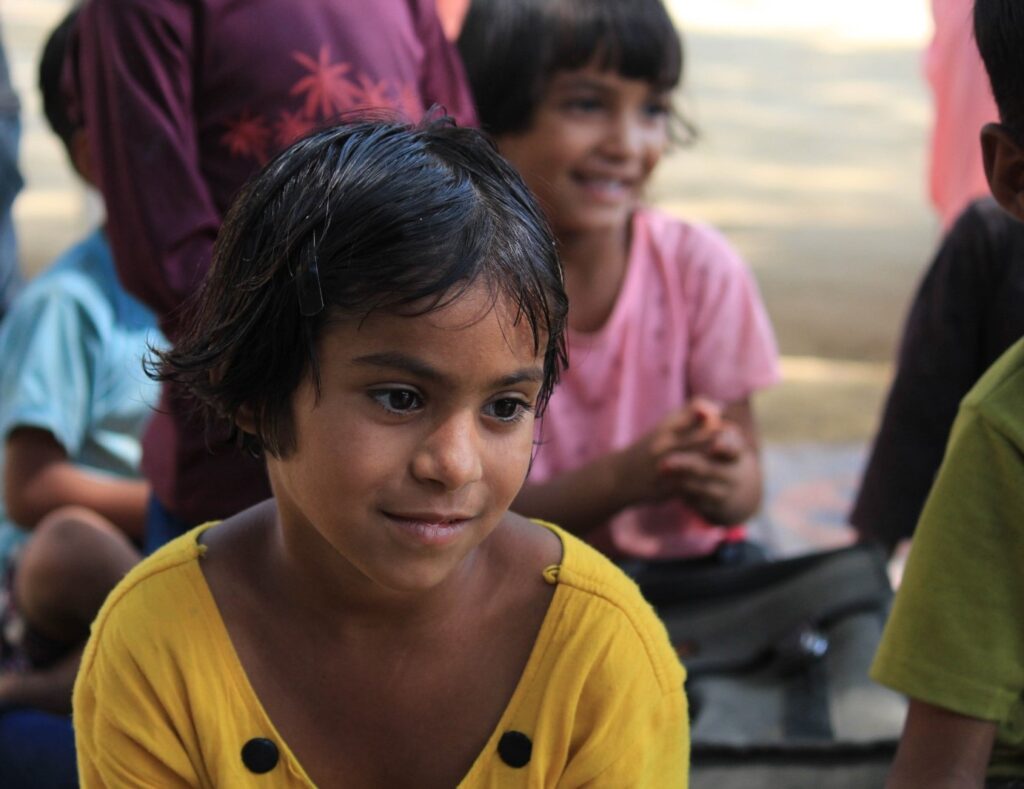
One effective way to break the cycle of poverty and end the exploitation of children is through education. Education empowers individuals and equips them with the tools they need to overcome poverty. By providing access to quality education, we can foster innovation in rural areas and marginalized communities, unlock the potential of men and women, and enable children to acquire the necessary skills for a brighter future.
Lack of education perpetuates poverty in multiple ways. Firstly, those who drop out of school are more likely to face unemployment and struggle to secure stable employment opportunities. Secondly, the absence of education often leads to dependence on government assistance programs, such as food stamps and TANF, making it difficult for individuals to become self-sufficient. Lastly, a lack of education can increase the likelihood of engaging in criminal behavior, resulting in incarceration and further hindering the path to self-sufficiency even after release.
Poverty encompasses more than just financial hardship. It is a complex issue that affects various aspects of a person’s life. Poverty means experiencing hunger, lacking adequate shelter, being unable to access healthcare services, and living in constant uncertainty about the future. It deprives individuals of opportunities, security, and a sense of control over their lives. Poverty takes on different forms in different places and evolves over time, but it remains a persistent problem that affects countless people worldwide.
Ultimately, poverty is a call to action, not only for those directly affected by it but also for those in positions of privilege. It is a call to unite and bring about meaningful change, ensuring that everyone has enough to eat, a safe place to live, access to education and healthcare, protection from violence, and a voice in shaping their own communities. Together, we can create a world where poverty is no longer a barrier to a life of dignity and opportunity for all.
“Education is the best way to end the cycle of poverty and the exploitation of children.” I believe that for innovation to pollinate in rural sectors, among marginalized communities, for men and women to explore their potential, and for all children to acquire greater skills, its important to first bring them access to information.
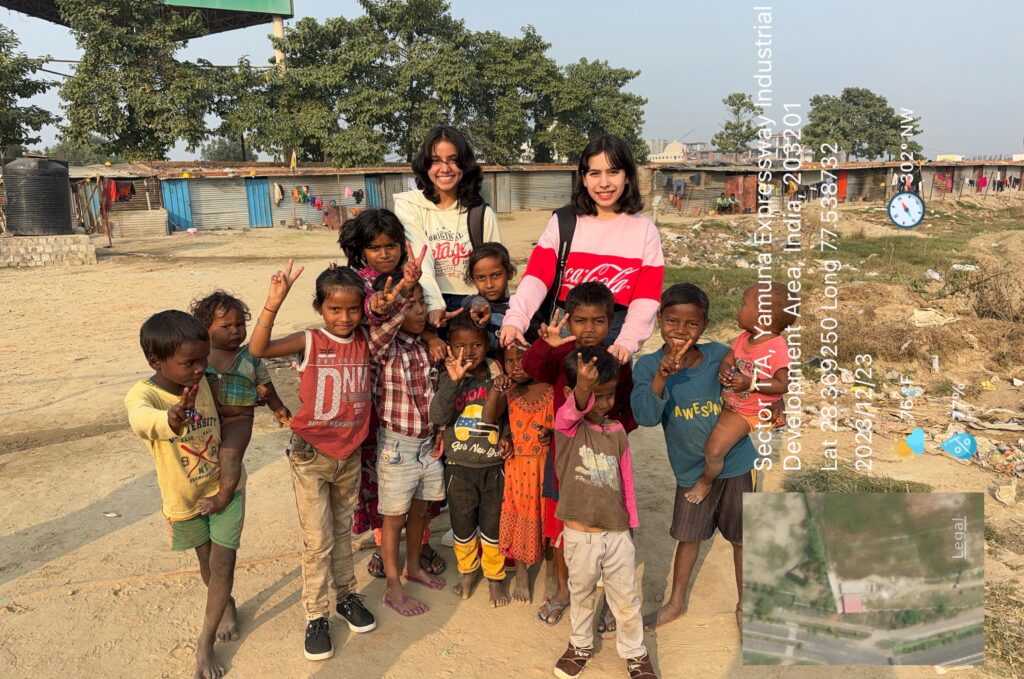
In addition, we treated their children with chocolates, in response they treated us with the light in their eyes and the brightest smileys we could ever get.
*Student of BJMC, Sem III

